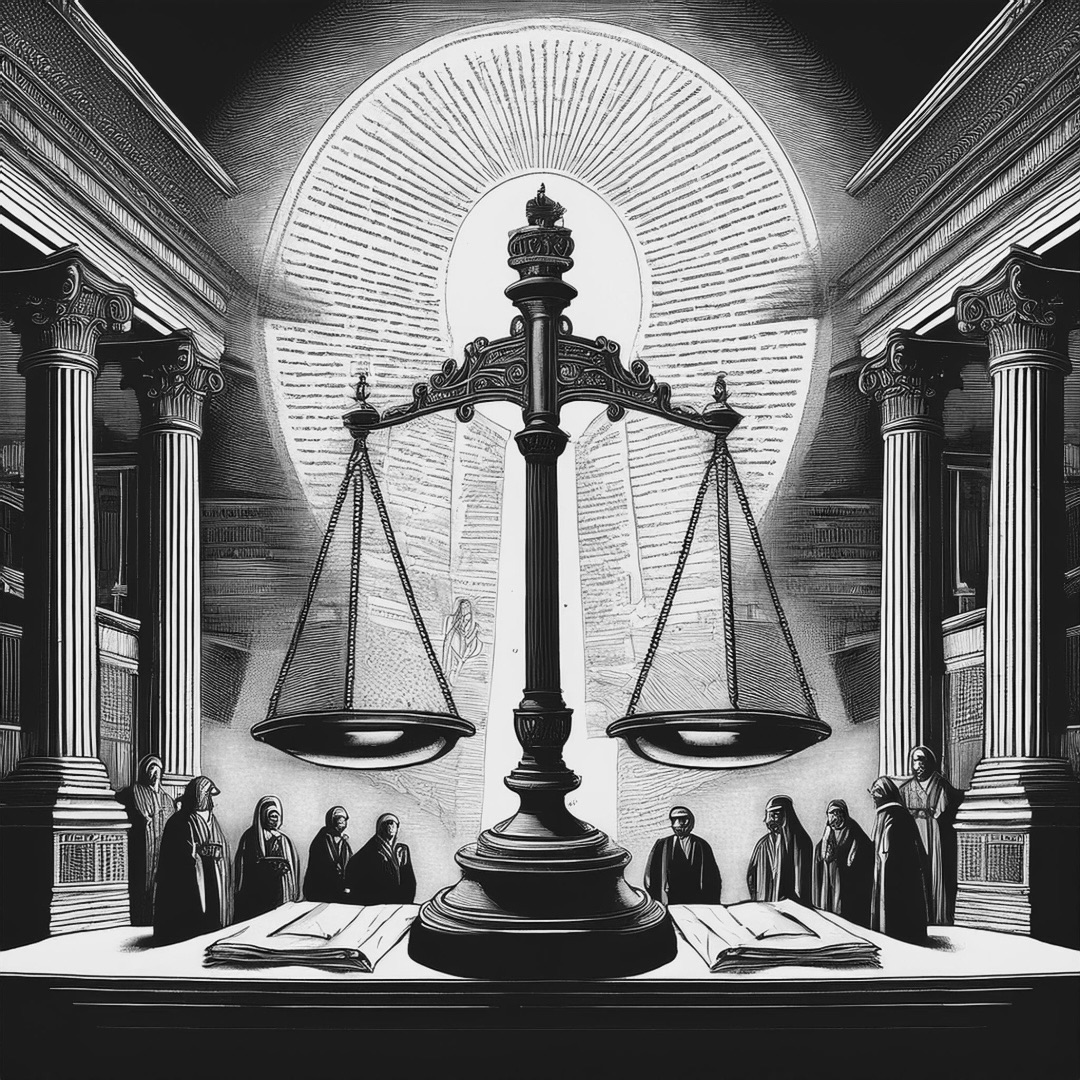WASHINGTON, D.C. — In a case that could redefine the landscape of civil rights litigation, the U.S. Supreme Court will hear Williams v. Washington on October 7, 2024. This high-stakes case from Alabama centers on whether individuals must exhaust state administrative remedies before pursuing civil rights claims in federal court under 42 U.S.C. § 1983.
The case originated during the tumultuous days of the COVID-19 pandemic when many Alabama residents faced lengthy delays in receiving unemployment benefits. Frustrated by what they saw as bureaucratic inertia, these residents turned to the courts, claiming that their constitutional rights to due process were being violated by the state’s Department of Labor.
However, their quest for justice hit a roadblock when the Alabama Supreme Court dismissed their case. The state court ruled that plaintiffs must first exhaust all available state administrative remedies before taking their grievances to federal court. This decision has now set the stage for a showdown in the nation’s highest court.
The implications of this case are enormous. At its core, it raises fundamental questions about access to justice and the balance of power between state and federal jurisdictions in enforcing civil rights protections. If the Supreme Court sides with the Alabama plaintiffs, it could pave the way for more direct access to federal courts for individuals alleging civil rights violations, bypassing potentially cumbersome state processes.
Legal experts and civil rights advocates are watching closely. A ruling in favor of the plaintiffs could embolden more individuals across the country to seek federal redress for state-level grievances, potentially leading to a surge in civil rights litigation. Conversely, a decision upholding the requirement for state remedy exhaustion could reinforce states’ roles in resolving such disputes and limit federal court interventions.
As the nation awaits the Supreme Court’s decision, this case serves as a reminder of the ongoing struggle for civil rights and justice, highlighting the critical role of courts in safeguarding individual freedoms against bureaucratic overreach.

